Thank you! Your submission has been received!
Oops! Something went wrong while submitting the form.

Nationwide Service
Onsite or Online
USPAP-Compliant
IRS Qualified
DEFENSIBLE, USPAP-COMPLIANT APPRAISAL REPORTS — ACCEPTED BY 10,000+ ORGANIZATIONS






5-Star Valuation Services, Loved by Hundreds
Frequently Asked
Questions
This is some text inside of a div block.
lorem
No Frequently Asked Questions Found.
Purchase price allocation is the process of assigning the total consideration paid in an acquisition to the individual assets acquired and liabilities assumed. The allocation determines how value is attributed across categories such as inventory, machinery and equipment, vehicles, identifiable intangible assets, and goodwill. These amounts affect future depreciation, amortization, earnings, and financial disclosures. Because the results are relied upon by management, auditors, lenders, and regulators, the methodology and support behind the allocation are critical.
A purchase price allocation valuation is an independent analysis used to determine the fair value of assets and liabilities following a business combination. The work supports management’s financial reporting and helps establish defensible amounts for items that do not have observable market prices.
Assignments often include tangible assets like machinery, equipment, vehicles, and inventory, as well as the valuation of the acquired business itself. Reports are developed in accordance with recognized professional standards and are designed to withstand auditor and regulatory review.
Assignments often include tangible assets like machinery, equipment, vehicles, and inventory, as well as the valuation of the acquired business itself. Reports are developed in accordance with recognized professional standards and are designed to withstand auditor and regulatory review.
A construction equipment appraisal is a meticulous professional assessment that determines the precise market value of machinery and tools utilized within the construction industry. This comprehensive evaluation goes far beyond a simple price tag, encompassing a sophisticated analysis of multiple critical factors that influence equipment valuation.
Professional appraisers conduct an in-depth examination that considers several key elements: equipment age, operational condition, accumulated usage hours, specific brand and model characteristics, and current market dynamics. Each factor is carefully weighted to generate an accurate representation of the asset's true worth.
The appraisal process begins with a detailed physical inspection, where experts methodically evaluate the equipment's structural integrity, mechanical functionality, and overall performance potential. Maintenance records play a crucial role, offering insights into the equipment's historical care and potential longevity. Well-maintained machinery typically commands a higher valuation, reflecting the diligence of its previous owners.
Comparative market analysis forms another cornerstone of the appraisal methodology. Appraisers cross-reference the equipment against recent sales of similar machinery, ensuring the valuation reflects current market conditions and industry trends. This approach provides a nuanced, data-driven perspective that goes beyond surface-level assessments.
Different sectors leverage construction equipment appraisals for varied purposes. Contractors use these evaluations to make strategic decisions about equipment acquisition or disposition. Financial institutions rely on precise valuations to assess lending risks and determine appropriate financing terms. Rental companies depend on these assessments for fleet management and insurance purposes.
Ultimately, a construction equipment appraisal represents a complex intersection of technical expertise, market knowledge, and financial analysis. It provides stakeholders with a reliable, objective assessment that supports informed decision-making in an ever-evolving industry landscape.
Professional appraisers conduct an in-depth examination that considers several key elements: equipment age, operational condition, accumulated usage hours, specific brand and model characteristics, and current market dynamics. Each factor is carefully weighted to generate an accurate representation of the asset's true worth.
The appraisal process begins with a detailed physical inspection, where experts methodically evaluate the equipment's structural integrity, mechanical functionality, and overall performance potential. Maintenance records play a crucial role, offering insights into the equipment's historical care and potential longevity. Well-maintained machinery typically commands a higher valuation, reflecting the diligence of its previous owners.
Comparative market analysis forms another cornerstone of the appraisal methodology. Appraisers cross-reference the equipment against recent sales of similar machinery, ensuring the valuation reflects current market conditions and industry trends. This approach provides a nuanced, data-driven perspective that goes beyond surface-level assessments.
Different sectors leverage construction equipment appraisals for varied purposes. Contractors use these evaluations to make strategic decisions about equipment acquisition or disposition. Financial institutions rely on precise valuations to assess lending risks and determine appropriate financing terms. Rental companies depend on these assessments for fleet management and insurance purposes.
Ultimately, a construction equipment appraisal represents a complex intersection of technical expertise, market knowledge, and financial analysis. It provides stakeholders with a reliable, objective assessment that supports informed decision-making in an ever-evolving industry landscape.
Online construction equipment appraisals have become increasingly feasible through advanced technological solutions. Professionals can now conduct comprehensive valuations remotely using multiple strategic approaches.
Detailed digital assessments typically involve clients submitting high-quality photographs and comprehensive equipment specifications. Appraisers carefully analyze these submitted materials, examining equipment condition, age, operational history, and market comparability factors. This method allows for precise evaluation without requiring physical presence.
Interactive online appraisal options have expanded, leveraging video conferencing platforms like Zoom, Google Meet, and Skype. These live sessions enable real-time equipment examination, allowing appraisers to request specific angles, discuss unique features, and conduct thorough visual inspections with clients.
The digital appraisal process offers significant advantages, including dramatically reduced turnaround times and elimination of geographical constraints. Clients can receive professional assessments quickly and conveniently, without scheduling complex in-person meetings or incurring additional travel expenses.
Modern appraisal techniques incorporate advanced technological tools and professional expertise to deliver accurate, reliable equipment valuations. By combining detailed documentation, visual evidence, and professional analysis, online construction equipment appraisals provide comprehensive insights that meet industry standards and client expectations.
Detailed digital assessments typically involve clients submitting high-quality photographs and comprehensive equipment specifications. Appraisers carefully analyze these submitted materials, examining equipment condition, age, operational history, and market comparability factors. This method allows for precise evaluation without requiring physical presence.
Interactive online appraisal options have expanded, leveraging video conferencing platforms like Zoom, Google Meet, and Skype. These live sessions enable real-time equipment examination, allowing appraisers to request specific angles, discuss unique features, and conduct thorough visual inspections with clients.
The digital appraisal process offers significant advantages, including dramatically reduced turnaround times and elimination of geographical constraints. Clients can receive professional assessments quickly and conveniently, without scheduling complex in-person meetings or incurring additional travel expenses.
Modern appraisal techniques incorporate advanced technological tools and professional expertise to deliver accurate, reliable equipment valuations. By combining detailed documentation, visual evidence, and professional analysis, online construction equipment appraisals provide comprehensive insights that meet industry standards and client expectations.
Navigating the construction equipment appraisal landscape requires understanding the specialized professionals who assess machinery value. Each type of appraiser brings unique skills and methodologies to the evaluation process.
Certified general appraisers offer the broadest expertise, holding comprehensive licenses that enable them to assess virtually any type of heavy machinery. Their deep market knowledge allows for nuanced valuations of complex and high-value equipment, making them invaluable for comprehensive assessments.
Licensed equipment appraisers focus specifically on machinery valuation, developing deep expertise in construction equipment like excavators, bulldozers, and cranes. Their specialized knowledge ensures precise evaluations that account for industry-specific factors, regulatory compliance, and detailed condition assessments.
Industrial appraisers bring a strategic perspective, examining equipment within the broader context of manufacturing and construction operations. They excel at understanding how machinery integrates into industrial ecosystems, providing holistic valuations that consider operational capabilities and market positioning.
Cost approach appraisers utilize a methodical replacement value strategy, calculating equipment worth based on reproduction costs and accounting for depreciation. This approach proves particularly effective for new or unique machinery, offering a scientific basis for valuation.
Market approach appraisers leverage comparative sales data, analyzing recent transactions to determine fair market value. By examining factors like age, condition, and brand reputation, they provide insights that reflect current market dynamics and competitive pricing trends.
Auction appraisers specialize in evaluating equipment within the unique context of sales environments. Their expertise in predicting auction performance helps buyers and sellers understand potential market values, drawing from historical sales data and current industry trends.
Selecting the right appraiser depends on specific assessment needs, equipment type, and valuation objectives. Understanding these professional distinctions empowers businesses and individuals to make informed decisions about their construction equipment assets.
Certified general appraisers offer the broadest expertise, holding comprehensive licenses that enable them to assess virtually any type of heavy machinery. Their deep market knowledge allows for nuanced valuations of complex and high-value equipment, making them invaluable for comprehensive assessments.
Licensed equipment appraisers focus specifically on machinery valuation, developing deep expertise in construction equipment like excavators, bulldozers, and cranes. Their specialized knowledge ensures precise evaluations that account for industry-specific factors, regulatory compliance, and detailed condition assessments.
Industrial appraisers bring a strategic perspective, examining equipment within the broader context of manufacturing and construction operations. They excel at understanding how machinery integrates into industrial ecosystems, providing holistic valuations that consider operational capabilities and market positioning.
Cost approach appraisers utilize a methodical replacement value strategy, calculating equipment worth based on reproduction costs and accounting for depreciation. This approach proves particularly effective for new or unique machinery, offering a scientific basis for valuation.
Market approach appraisers leverage comparative sales data, analyzing recent transactions to determine fair market value. By examining factors like age, condition, and brand reputation, they provide insights that reflect current market dynamics and competitive pricing trends.
Auction appraisers specialize in evaluating equipment within the unique context of sales environments. Their expertise in predicting auction performance helps buyers and sellers understand potential market values, drawing from historical sales data and current industry trends.
Selecting the right appraiser depends on specific assessment needs, equipment type, and valuation objectives. Understanding these professional distinctions empowers businesses and individuals to make informed decisions about their construction equipment assets.
Construction equipment appraisals provide critical insights for businesses and stakeholders across multiple strategic domains. These assessments offer far more than a simple monetary valuation, serving as comprehensive financial tools that illuminate an organization's equipment portfolio.
Financial decision-makers rely on equipment appraisals to understand the true economic landscape of their assets. By establishing precise market values, companies can make informed choices about equipment maintenance, replacement, and potential divestiture. These evaluations capture nuanced details about depreciation, current market conditions, and potential future value trajectories.
Insurance and risk management represent another crucial dimension of equipment appraisals. Accurate valuations ensure appropriate coverage levels, protecting organizations from potential financial vulnerabilities in case of unexpected equipment loss or damage. This proactive approach mitigates potential economic disruptions and provides a clear framework for claims processes.
Lending institutions and financial partners frequently require professional equipment appraisals when considering financing or leasing arrangements. A comprehensive, objective assessment provides credibility and transparency, potentially securing more favorable lending terms and demonstrating the organization's financial sophistication.
Tax planning and compliance represent additional significant benefits of professional equipment appraisals. Whether addressing charitable donations, estate planning, or annual tax reporting, precise valuations help organizations maximize potential tax advantages while maintaining regulatory adherence.
Strategic asset management emerges as a fundamental outcome of regular equipment appraisals. By tracking equipment value over time, businesses can develop more intelligent procurement strategies, anticipate replacement cycles, and optimize their capital investment approaches.
Ultimately, construction equipment appraisals transcend simple monetary calculations. They represent a holistic tool for financial strategy, risk management, and organizational planning, enabling more sophisticated and informed decision-making across multiple business dimensions.
Financial decision-makers rely on equipment appraisals to understand the true economic landscape of their assets. By establishing precise market values, companies can make informed choices about equipment maintenance, replacement, and potential divestiture. These evaluations capture nuanced details about depreciation, current market conditions, and potential future value trajectories.
Insurance and risk management represent another crucial dimension of equipment appraisals. Accurate valuations ensure appropriate coverage levels, protecting organizations from potential financial vulnerabilities in case of unexpected equipment loss or damage. This proactive approach mitigates potential economic disruptions and provides a clear framework for claims processes.
Lending institutions and financial partners frequently require professional equipment appraisals when considering financing or leasing arrangements. A comprehensive, objective assessment provides credibility and transparency, potentially securing more favorable lending terms and demonstrating the organization's financial sophistication.
Tax planning and compliance represent additional significant benefits of professional equipment appraisals. Whether addressing charitable donations, estate planning, or annual tax reporting, precise valuations help organizations maximize potential tax advantages while maintaining regulatory adherence.
Strategic asset management emerges as a fundamental outcome of regular equipment appraisals. By tracking equipment value over time, businesses can develop more intelligent procurement strategies, anticipate replacement cycles, and optimize their capital investment approaches.
Ultimately, construction equipment appraisals transcend simple monetary calculations. They represent a holistic tool for financial strategy, risk management, and organizational planning, enabling more sophisticated and informed decision-making across multiple business dimensions.
View all Locations
APPRAISEITNOW APPRAISERS ARE BEST-IN-CLASS & CREDENTIALED BY LEADING APPRAISAL ORGANIZATIONS LIKE THE ISA, ASA, & MORE.






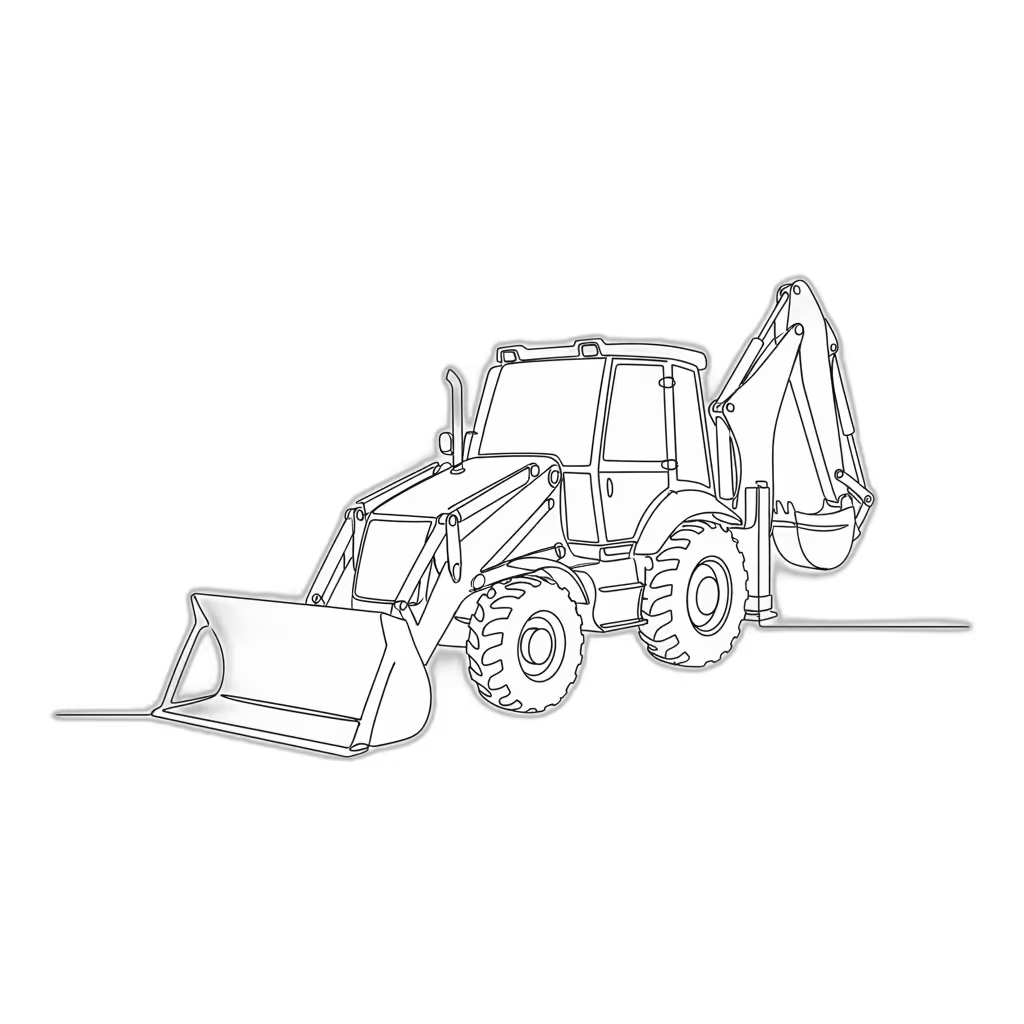
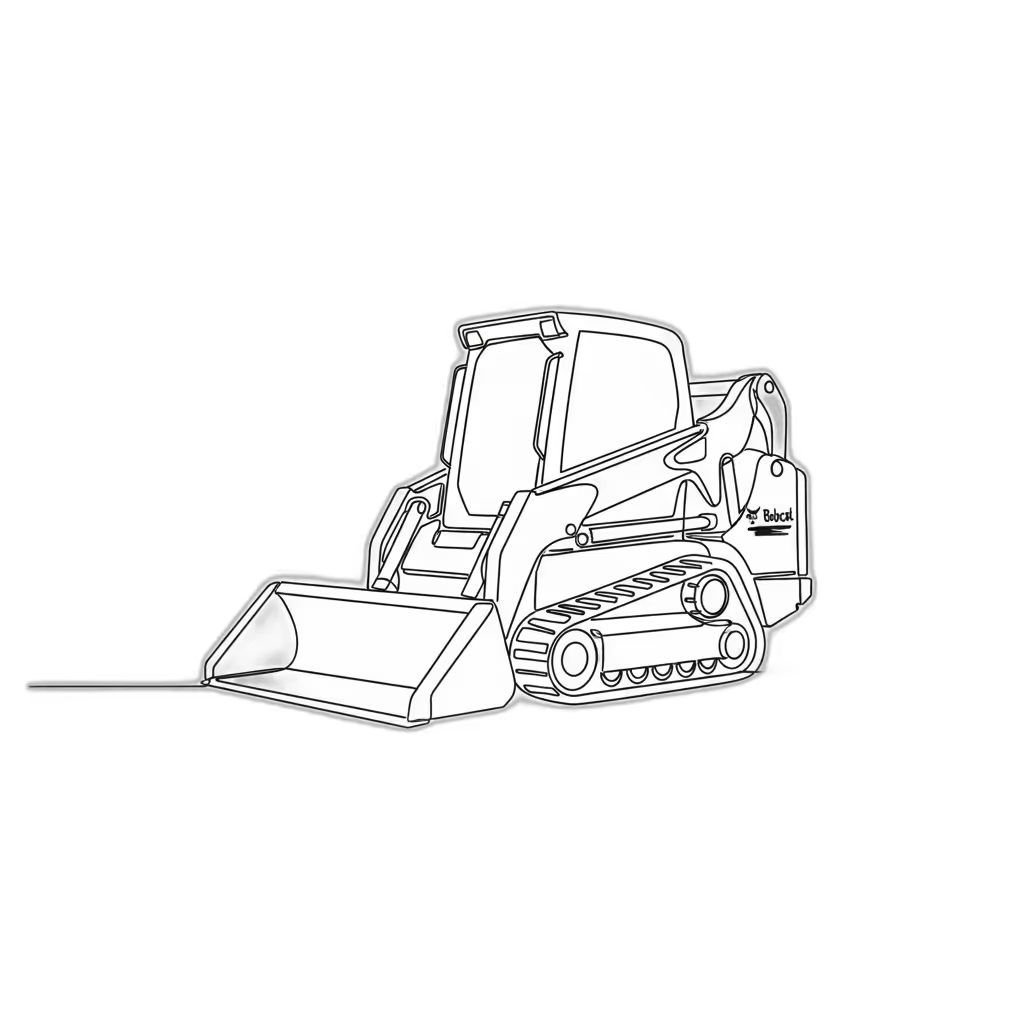
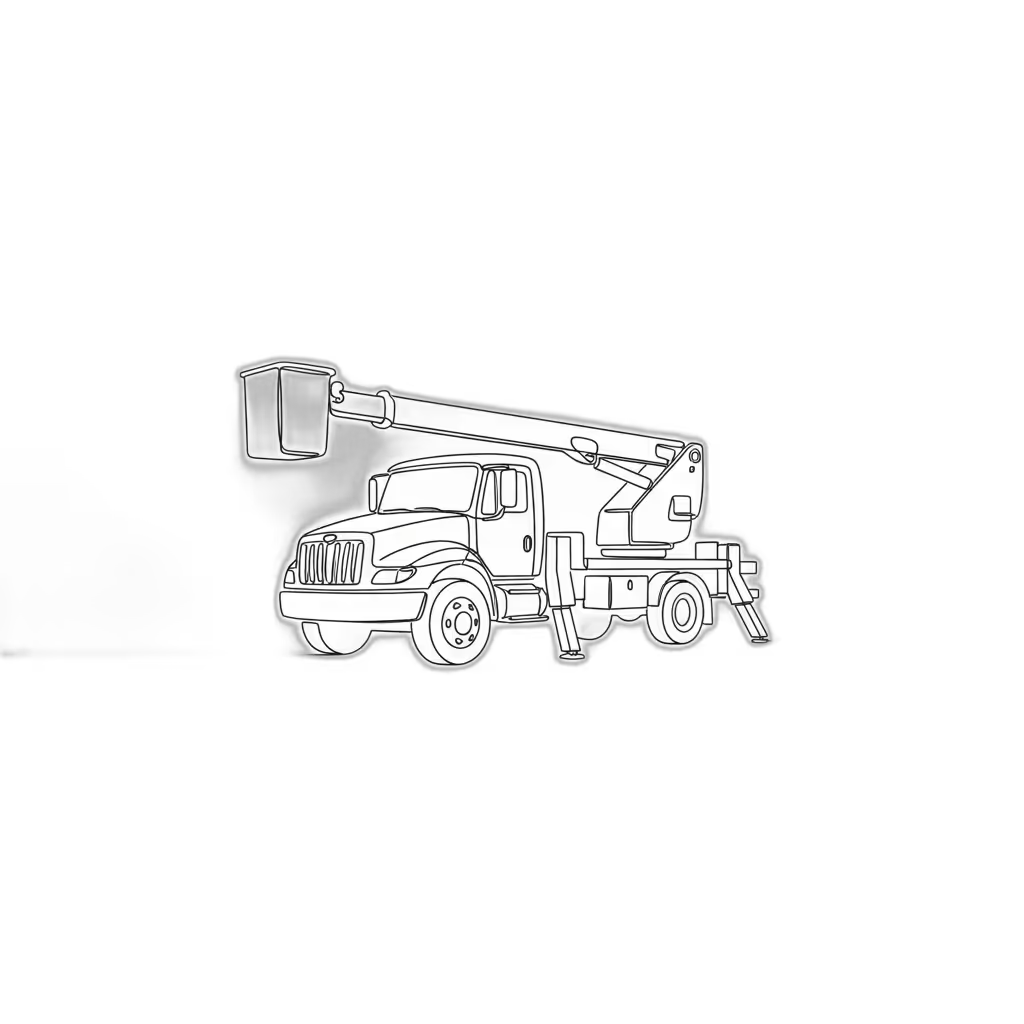
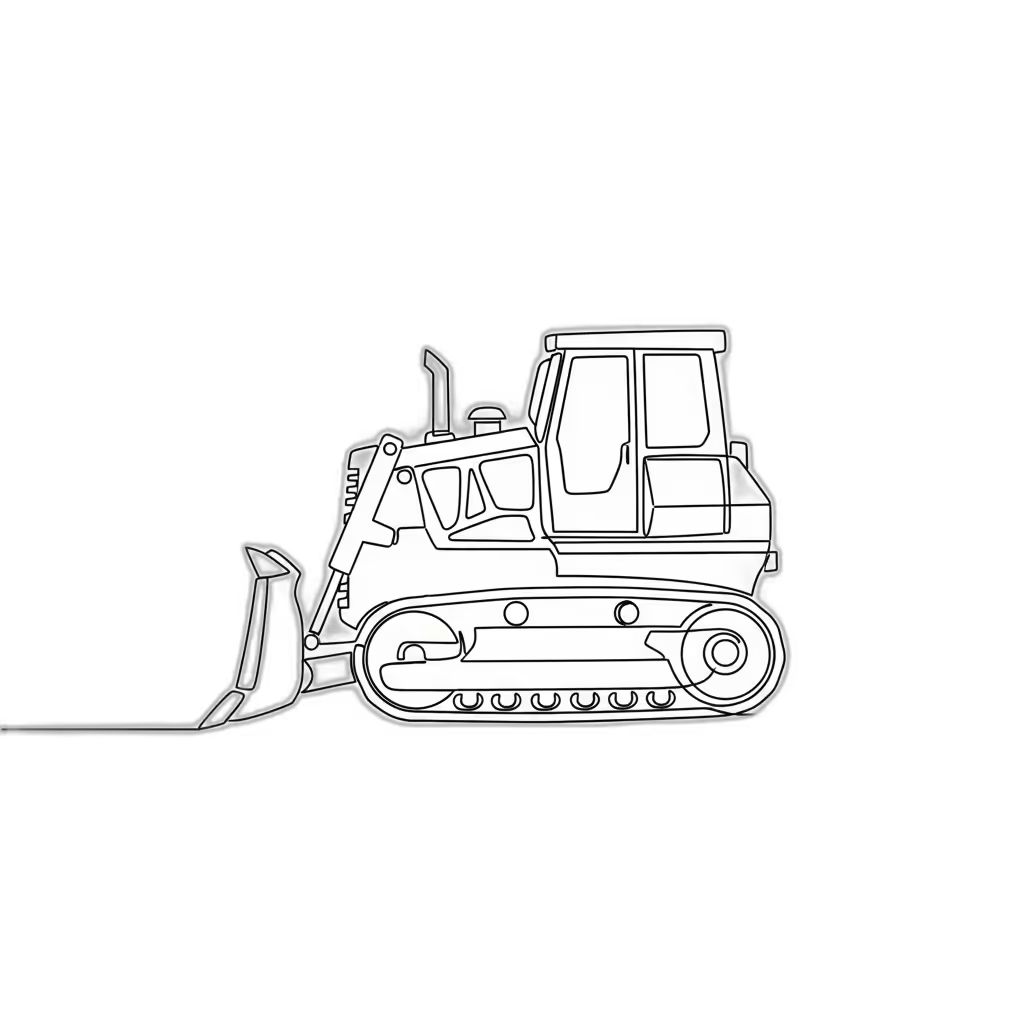
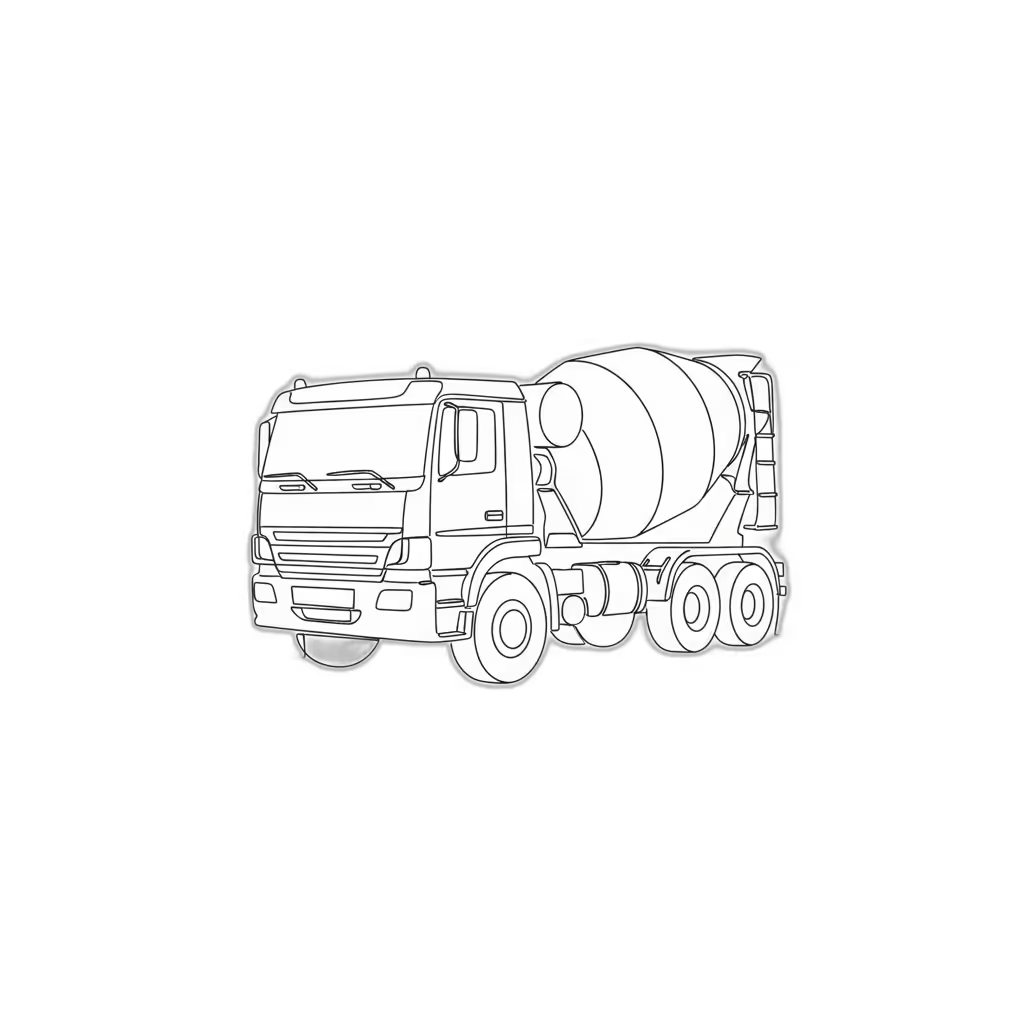


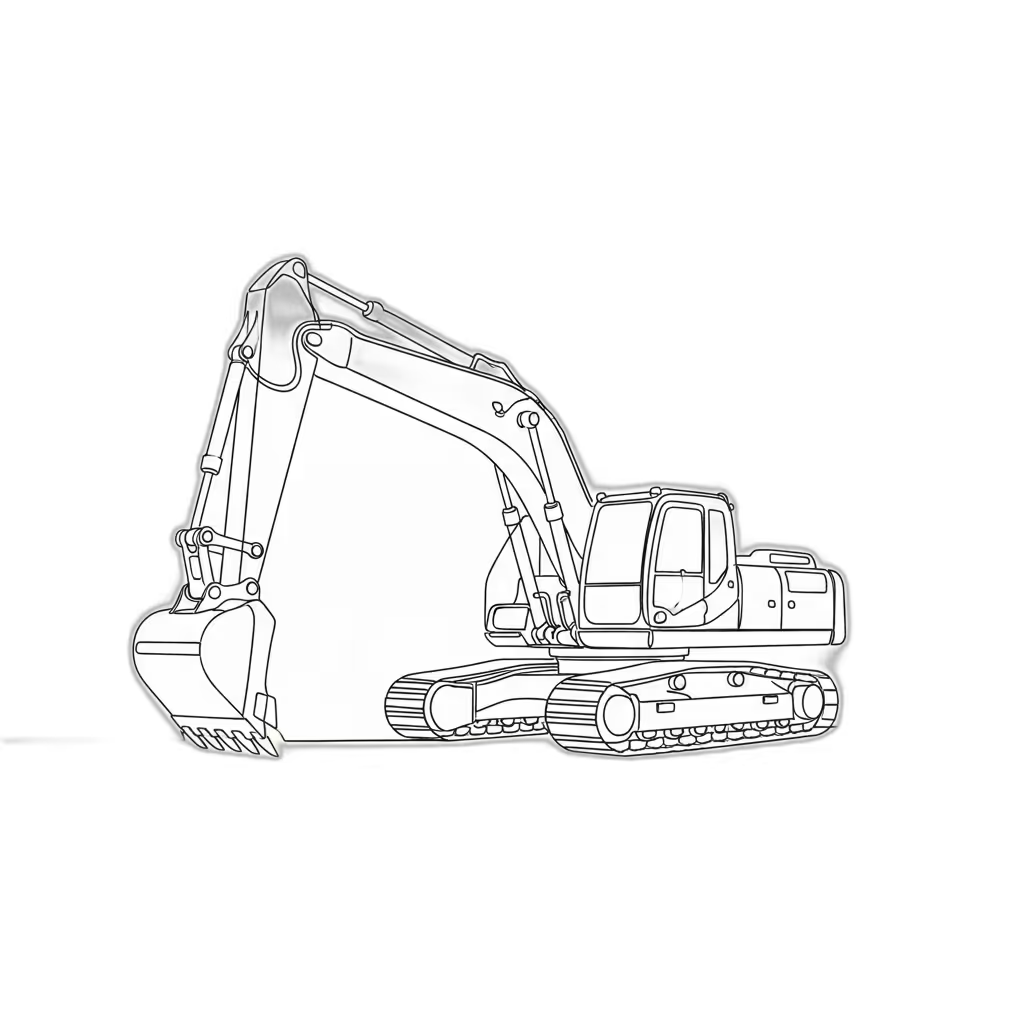
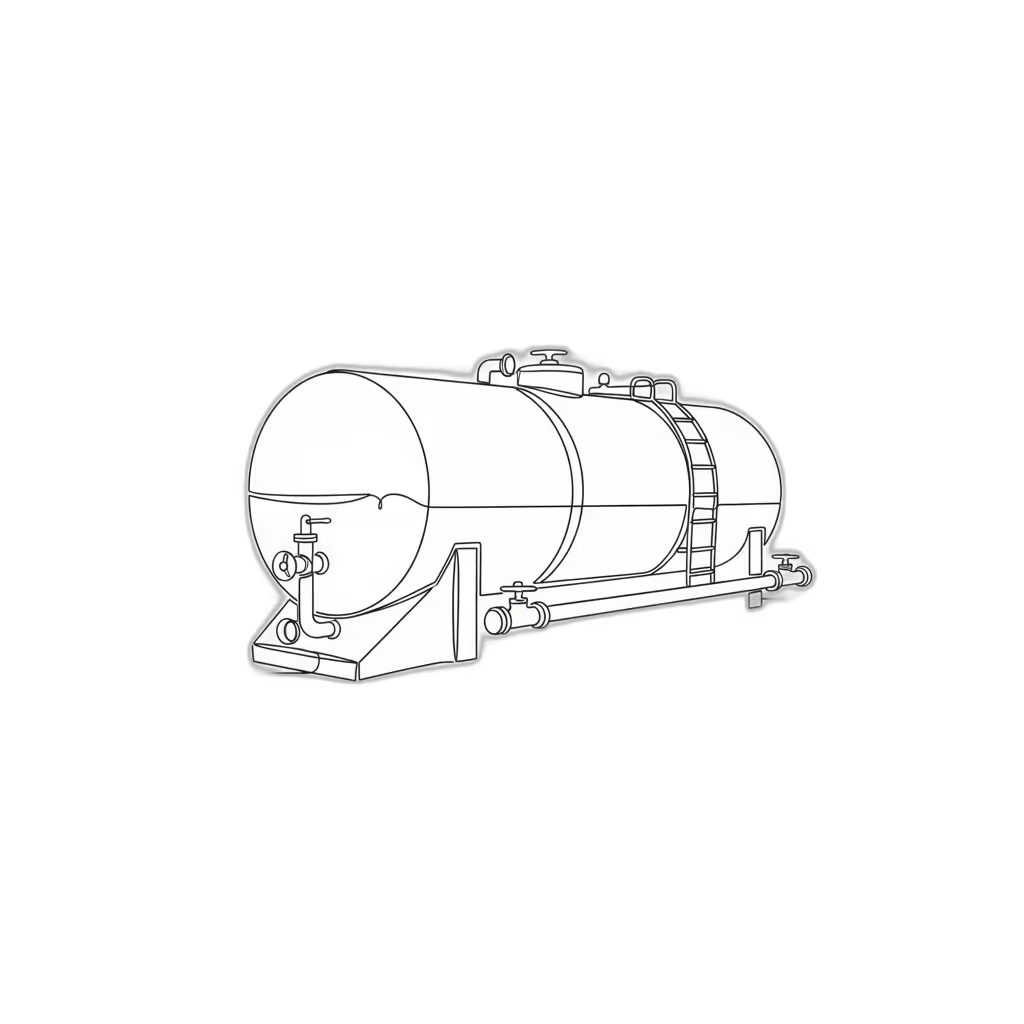

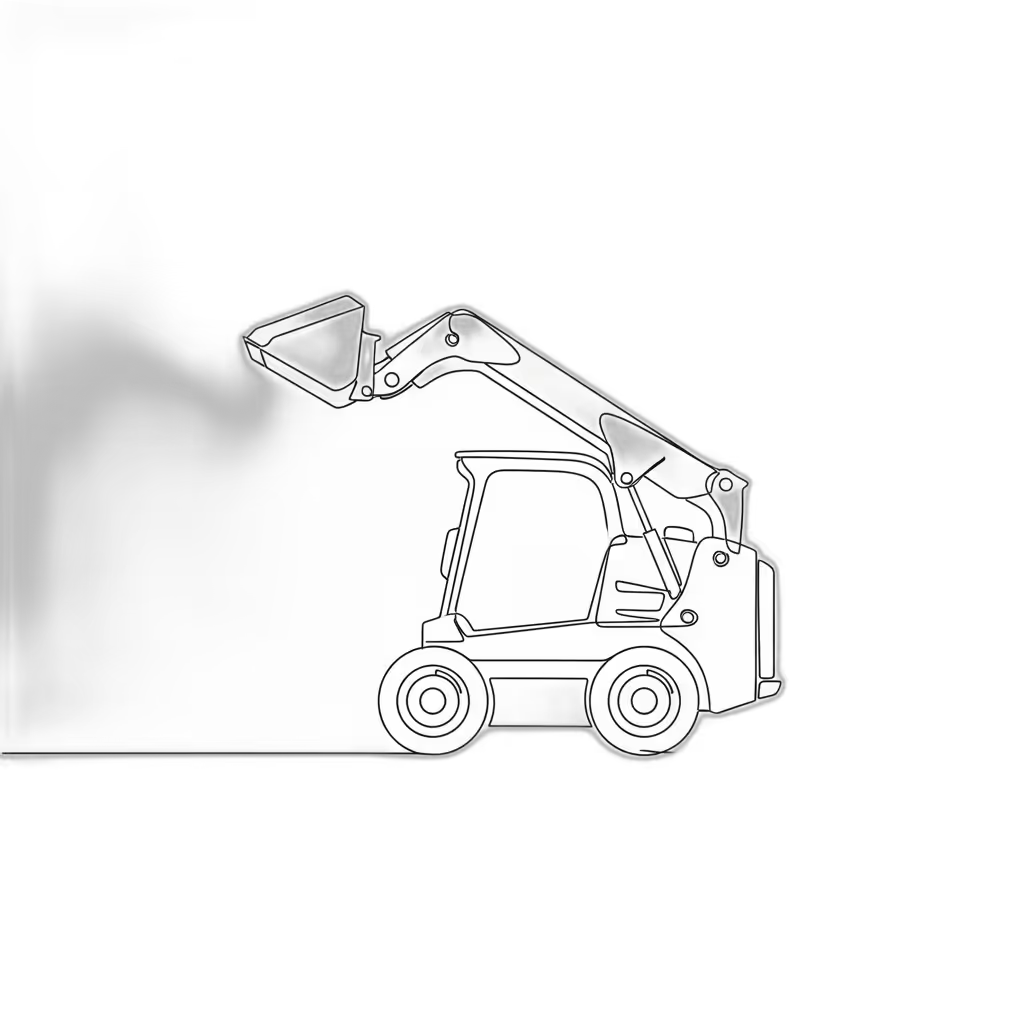

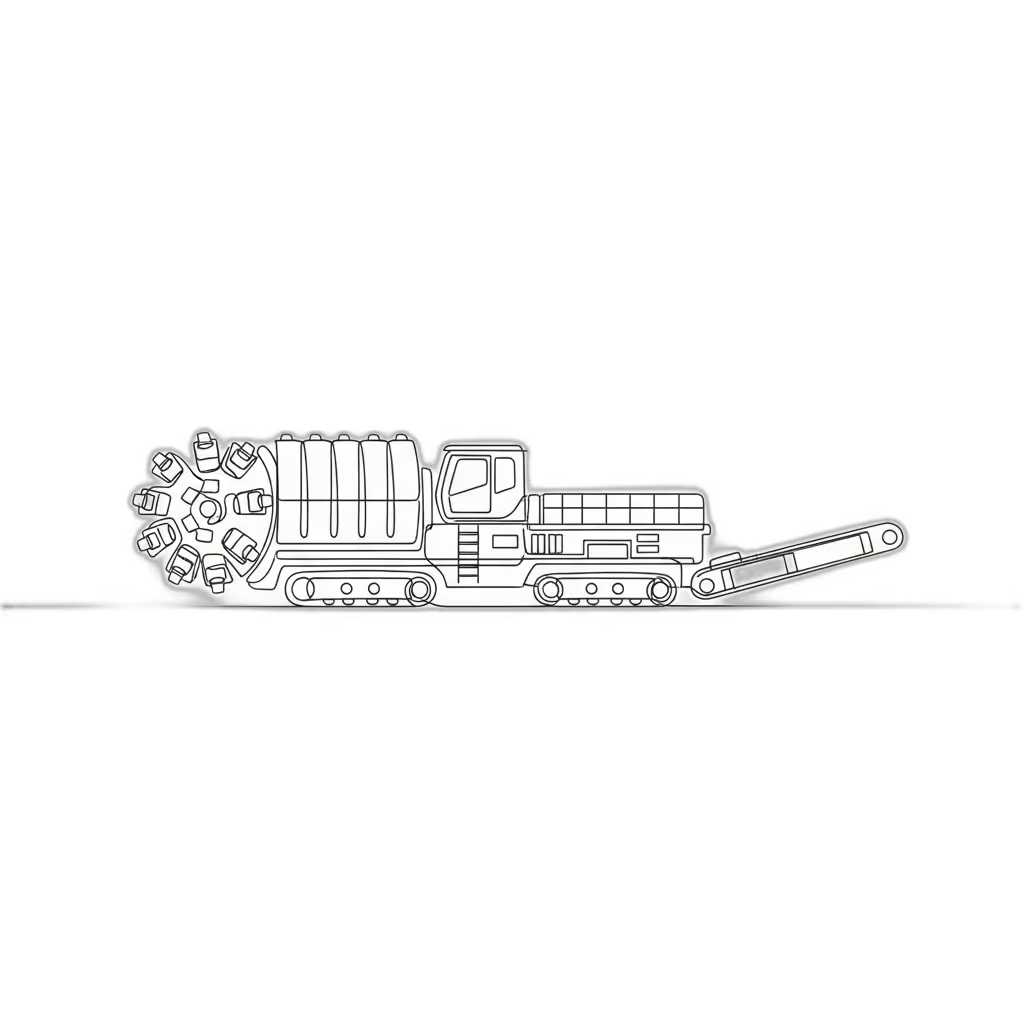
.svg)






